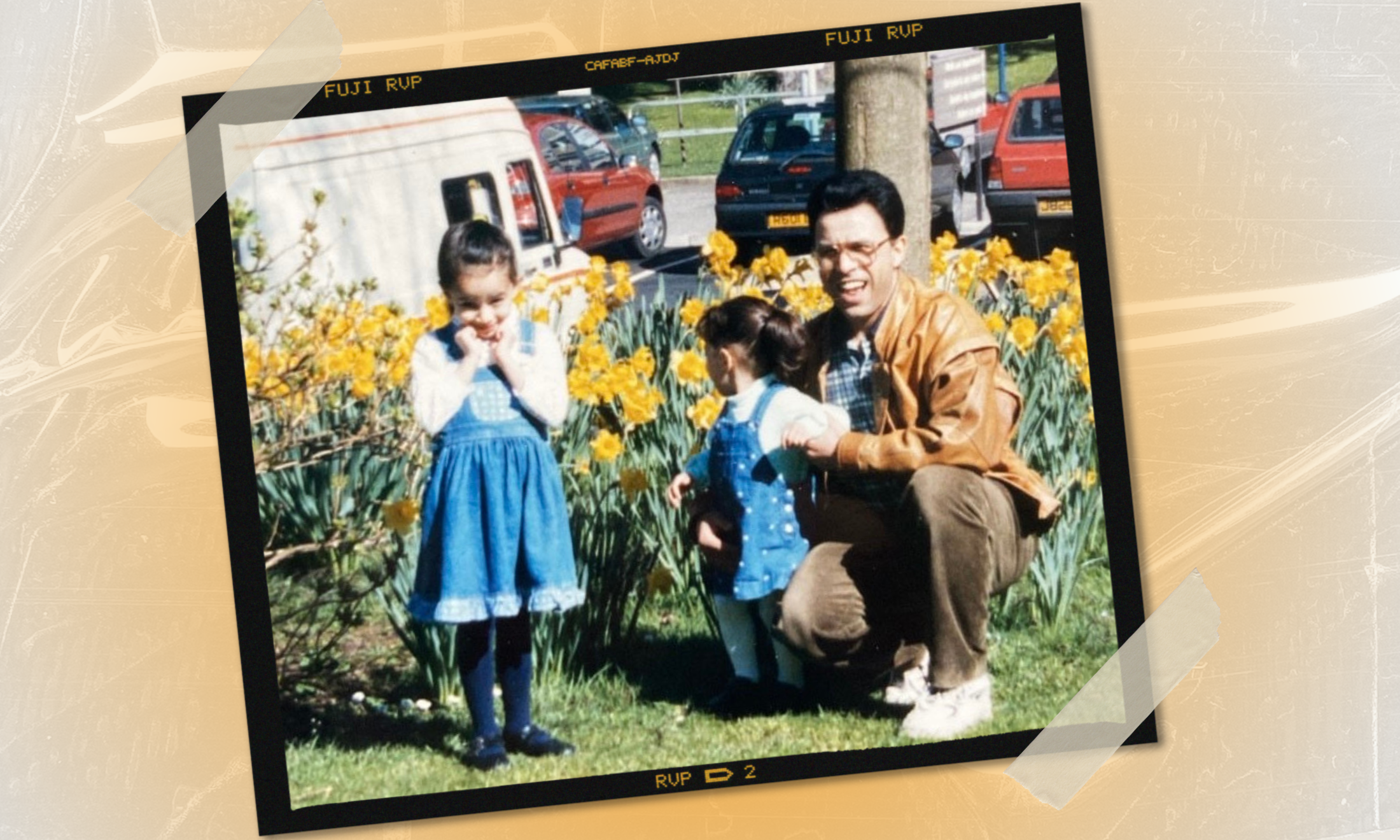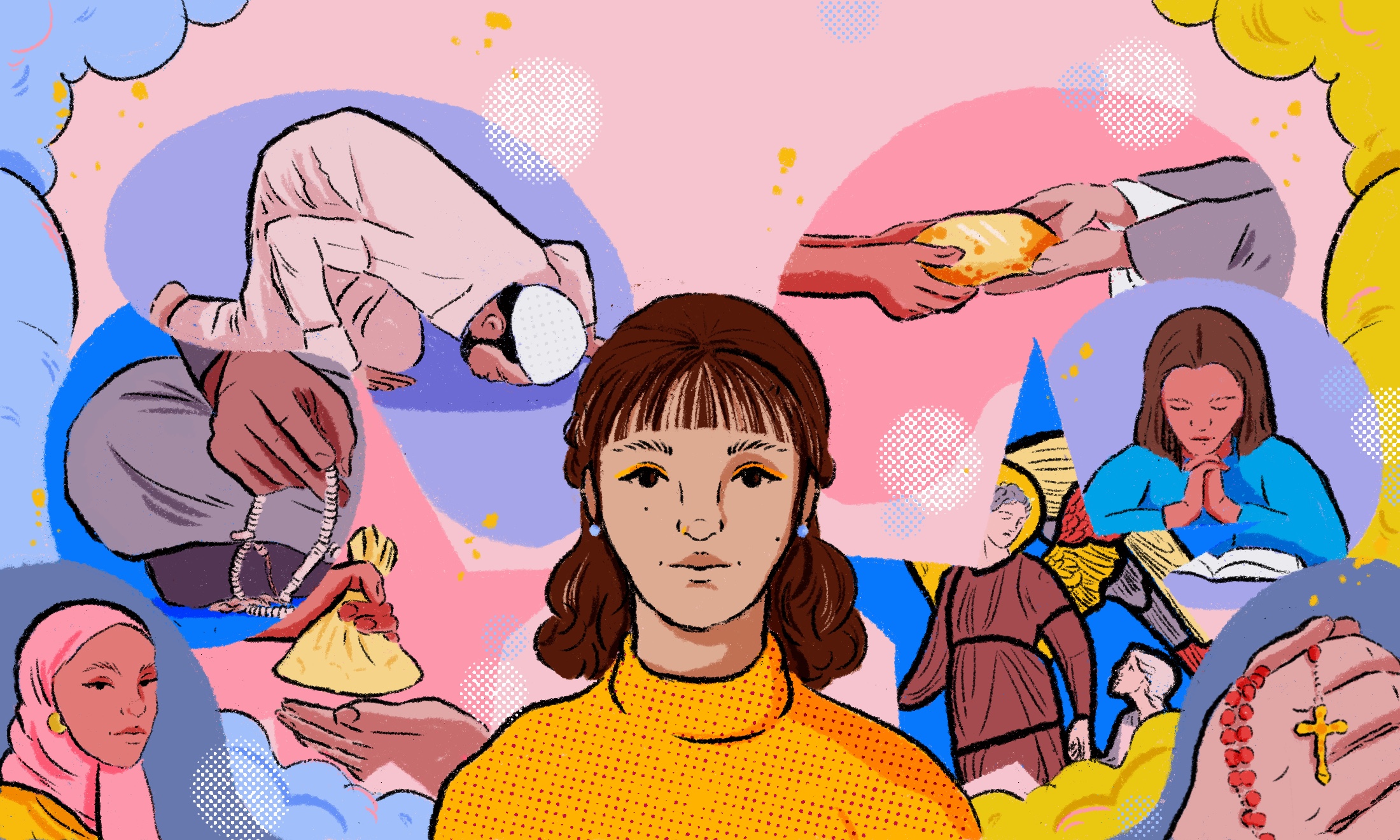
There are thousands of different languages, cultures and way of life in the world. However all these are in danger because of globalisation. Through TV and the digital world, through the internet, YouTube and Google, the world has become a smaller place. It is now so easy to travel around the world (that is if you hold the right passport!), and be in contact with someone miles away in an instant. When I think of all the amazing possibilities of globalisation, I am awe-struck. This is probably the first time in history so much information has been available to the masses, and communication is so instant.
However all these amazing opportunities come at an expense, and however much one tries to be nice about it, globalisation acts as a vehicle for the promotion and propagation of “western” culture. This has become so thoroughly part of our human consciousness that we now see “western” culture as the “norm” and everything else as “other”. The most sinister aspect of the normalisation process is that very few people question this “norm”.
The experiences of black women is lost in this normalisation process, because it is not the standard, it is not the expected and does not meet the bench mark. Black women’s experience is the “other”. However we must be careful not to project our experiences in the West on other parts of the world where they are still maintaining to hold on to traditions and their own “norm”.
I recently travelled to Ethiopia, to a small city called Lalibela, where religious traditions are still the same as they were nearly a thousand years ago. The city was founded by King Lalibela in the 12th century. The heart of the city is a group of 11 churches carved from the same mountain rock. Legends state that King Lalibela was given the knowledge to build these churches by God. Surprisingly the legends of King Lalibela include the stories of his wife. It is told that Queen Masqal Kibra, the wife of King Lalibela, ruled the kingdom with him. Traditionally “western” culture, has seen women as the downfall of man, but in the city of Lalibela the stories of women like Queen Masqal Kibra are told with reverence and veneration.
When I visited Lalibela, during the celebration of Ethiopian Christmas, St George’s Church (the most iconic church in Lalibela) was filled with the beautiful voices of women who sang and beat the drum. These women have walked for days, sometimes barefoot, to be in the holy city of Lalibela. For them there is a deep sense of belief that they are all equal before God. At a time when the world has become cynical about faith, the devotion and humility seen here is truly staggering, and more so because women paly an equally important role as men. For them, their way of life, traditions and beliefs, the way they express themselves is not the “other” but the “norm”.
Here is a short documentary I made to capture this faith and devotion.









